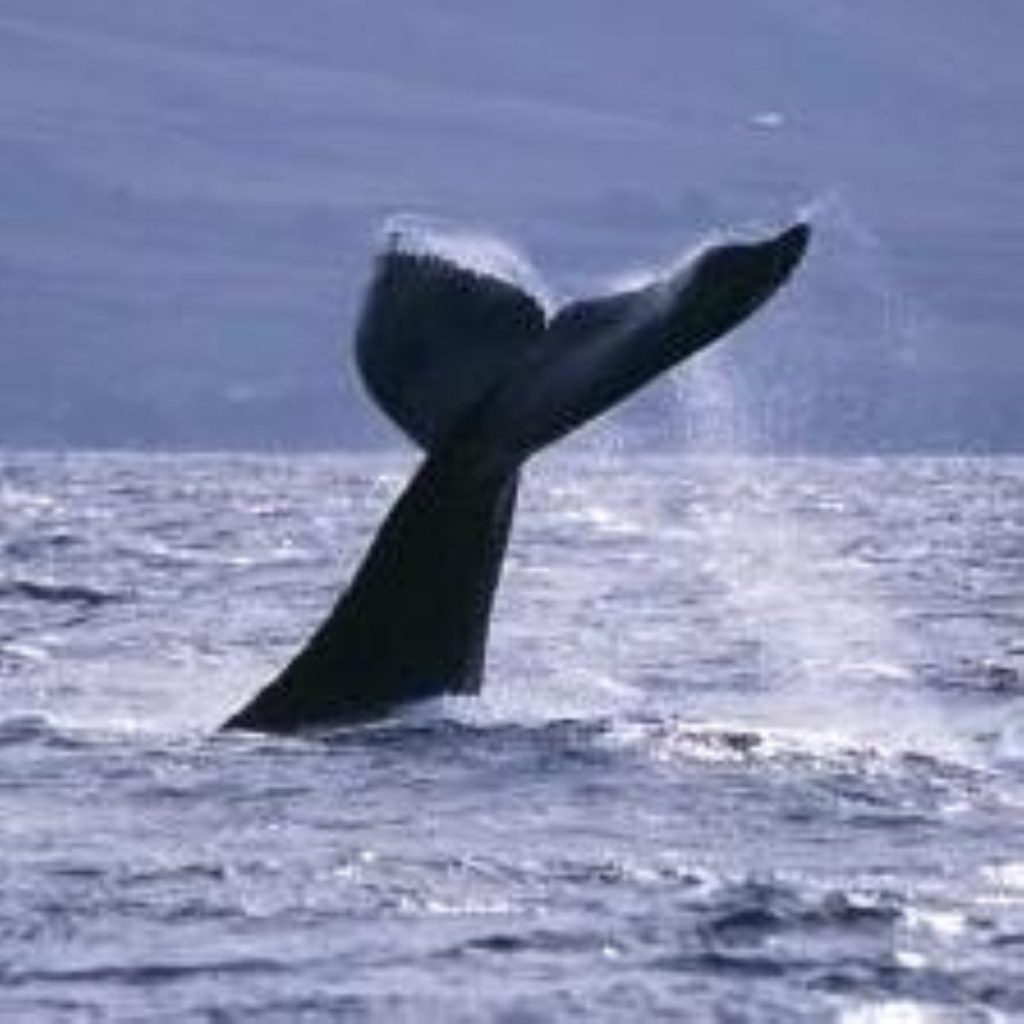Marine strandings double in decade
Strandings of cetaceans – whale, dolphin and porpoises – have more than doubled in the last decade, according to a new report.
According to research by The Whale and Dolphin Stranding Scheme at the Natural History Museum strandings of cetaceans have increased from 360 in 1994 to 782 last year.
Researchers blame an upsurge in fishing activity for the escalation of deaths, as the mammals are tangled up in nets and drown.
The report warns the real number of cetaceans killed as by-catch is likely to be much higher, as only a small proportion of the dead animals end up on beaches.


Cornwall, the Outer Hebrides and Gwynedd are identified in the Out of the Blue report as hosting the highest number of reported strandings in England, Scotland and Wales respectively.
Members of the public are encouraged to monitor key areas and call in sightings of cetaceans.
“The help of individuals in reporting strandings, both on land and at sea, is vital to our research”, said Richard Sabin, UK Whale and Dolphin Stranding Scheme co-ordinator.
“In identifying key areas of the UK we hope that people will be particularly vigilant in these areas and help the work of the UK Whale and Dolphin Stranding Scheme”.
The Government – which part-funded the research – hopes to reduce by-catch by restricting particularly risky types of trawling. And the Department for Environment, Food and Rural Affairs is also backing trials of “dolphin friendly” nets.
Wildlife campaigners from over 200 parliamentary constituencies are travelling to Westminster today by boat to lobby MPs on the need for a marine bill to protect whales, dolphins and porpoises.

